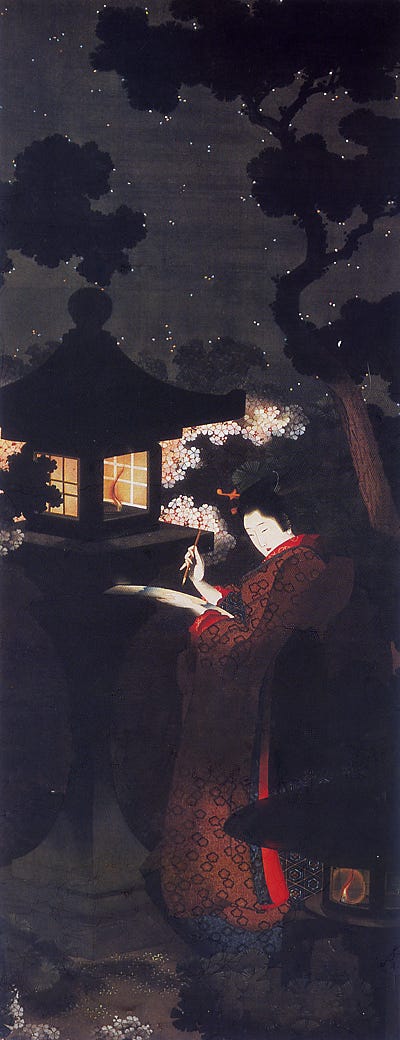"Tomorrow, and Tomorrow, and Tomorrow" by Gabrielle Zevin
Two friends grow up making video games together. Things get complicated.
This was a fun and easy novel to read. I like the characters, the story, and the structure of the book. I like use of flashbacks to Sam’s mother and that several sections are presented as magazine interviews. I like that one chapter is written as someone in a coma, and another is written as a video game. I like the frequent references to Shakespeare, and Japanese and Korean culture, and 1980s video games like King’s Quest, Colossal Cave Adventure, and Oregon Trail. I like that my friend Jim Bosiljevac and my brother-in-law Travis Mueller read and discussed this with me, and that I read a copy marked up by my niece Cozy Dame. Lots to like. (It’s #76 on the New York Times’ Best Books of the 21st Century list, but jumps up to #7 on the Reader’s Choice version.)
This book follows Sam and Sadie who become friends during childhood and bond over video games. There’s a falling out, and they meet again in college (Sam’s at Harvard, Sadie’s at MIT). They begin designing video games with the help of Sam’s roommate Marx and Sadie’s professor, Dov. (One is the most honorable character in the book, the other is the most despicable.) In the acknowledgements Zevin describes the book as a story about work (thanking all the people who worked with her on this novel) and about love (thanking all the people she loves). I think that’s an excellent way to sum up the book, but it probably only makes sense in hindsight.
I’m not an avid gamer by choice. I can easily be sucked into gaming worlds like Super Mario Galaxy and Hollow Knight, so I choose not to start new games or to play too often. But this book opened my eyes to the ways game designers use their medium to express themselves. Zevin elevates the passion and intent of game design to levels of literature and fine art - at least for the creators, and I really appreciated that lens. This review in The New York Times introduced me to the concept of the “Literary Gamer” which I might adopt if I played more. (Although that would mean reading less.)
I’ve read some excellent novels this year. But Tomorrow, and Tomorrow, and Tomorrow is one that I find myself recommending the most because it’s easy to get into, good at holding the reader’s attention, and a best-seller which makes it easy to discuss with others.
READ IT IF: You want a well-written novel that you can discuss with all the other people in your circle who’ve probably read it.





